Niger grapples with political uncertainty amid ECOWAS visit
Nearly one month into a military coup in Niger, the situation remains tense as the country grapples with political uncertainty.
As part of efforts to reverse last month's coup a delegation from West Africa's main regional bloc, ECOWAS, has met with junta leader, General Abdourahamane Tiani, in the capital Niamey.
The delegation, led by Nigeria's former military leader, Abdulsalami Abubakar, accompanied by ECOWAS Commission President, Omar Alieu Touray, has also met with Niger's ousted President, Mohamed Bazoum.
Although there have been no details on the outcome of the talks, General Tiani said in a televised address that neither the coup leaders nor the people of Niger want war and remain open to dialogue.
In short, neither the military junta nor the people of Niger want war and remain open to dialogue.
But let us be clear, if an aggression is launched against us, it will not be the easy ride that some people think it is.
They will be up against 26 million Nigerians.
General Abdourahamane Tiani, Niger Junta Leader
Touray said the junta was pursuing its own agenda and would launch a national dialogue to consult on a transition back to democracy which should last no longer than three years.
I'm calling on all enforcers to engage in an inclusive national dialogue.
The aim ... of this dialogue is to consult all the components and the people of Niger in the best ways to lay the foundations of a new constitutional life on pillars deeply rooted in our traditional and Republican values.
General Abdourahamane Tiani, Niger Junta Leader
The meeting of ECOWAS representatives with coup leaders and former president Bazoum come as the block on Friday doubled down on its threat to use force as a last resort restore democracy in Niger.
It was revealed that an undisclosed “D Day” had been agreed to for a possible military intervention in Niger. This statement led to thousands of people turning out on the streets of Niamey as a show of support for the coup and its leaders.
In Niger where coups are commonplace and normally rejected by the masses no matter where or when they take place, the current public support for the military junta is indicative of a general sense of disillusion and dissatisfaction with the previous regime, a desire for change.
The belief that the military might bring stability or address grievances that have not been adequately addressed by the previous government, are further reasons behind the public support for the junta and its leaders.
However, it is evident that Western countries are pushing for military intervention in Niger to reverse the coup and protect their interests.
Are they really seeking the establishment of civilian rule, or are there real concerns that the persistence of a military rule would not meet the demands of people across the West African nation?
Western countries claim that they are involved in a fight against terrorists linked to al Qaeda and Daesh, but a cursory glance at the West's interests in Niger proves that assuming the western powers are seeking civilian rule in Nigeria for the sake of its people, would be naive.
In the case of France, Paris is seeking to maintain its grip on the valuable Uranium reserves in Niger since the French government is entirely dependent on Niger as some 25% of Niger's uranium production goes to France.
Using that uranium to produce electricity, Paris has become a large exporter of power supplying Germany and other European countries.
This makes France huge profits, which makes it hard for Paris to accept the political changes in Niger.
In the case of the United States, Washington is seeing a growing tendency toward Russia among people in West African nations, including Niger, Burkina Faso, Mali, and, Guinea.
D-8’s role in Iran’s economy after Cairo summit
China slams US as ‘war-addicted’ threat to global security
China ‘firmly opposes’ US military aid to Taiwan
VIDEO | Press TV's News Headlines
President Yoon Suk Yeol to be removed from office
At least 19 Gazans killed by Israeli airstrikes since dawn: Medics
Leader: Iran neither has nor needs proxy forces
US fighter aircraft shot down ‘in friendly fire’ amid aggression on Yemen


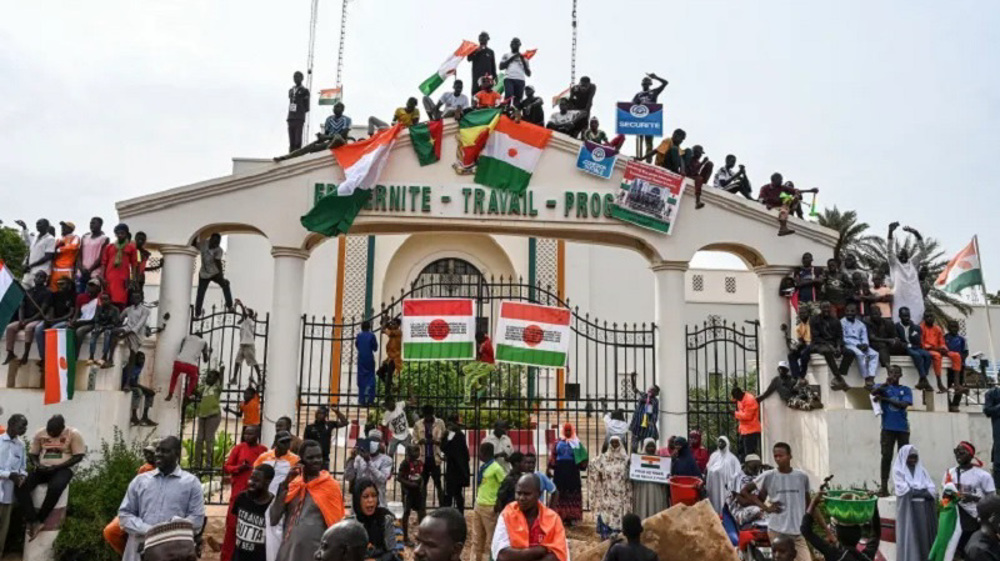
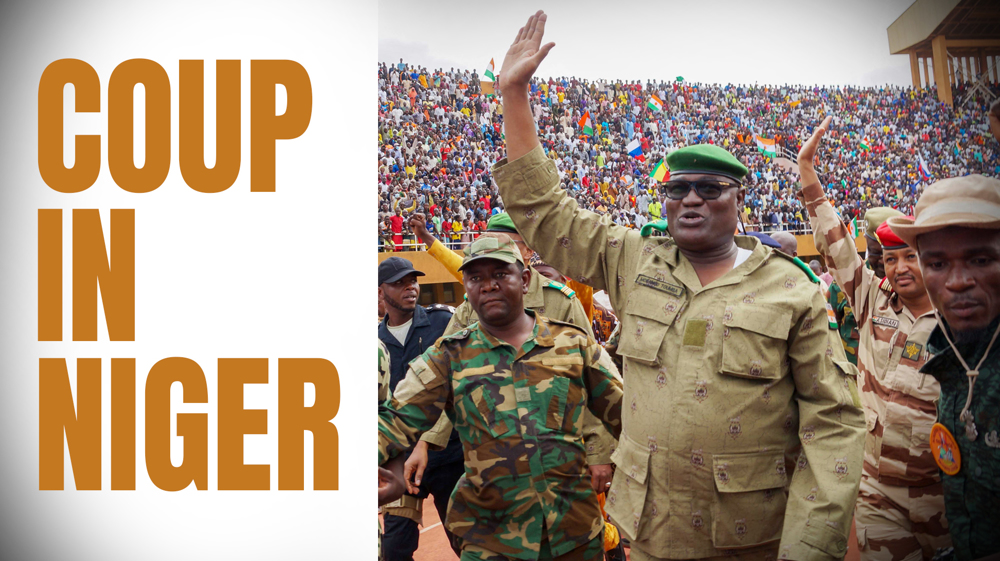
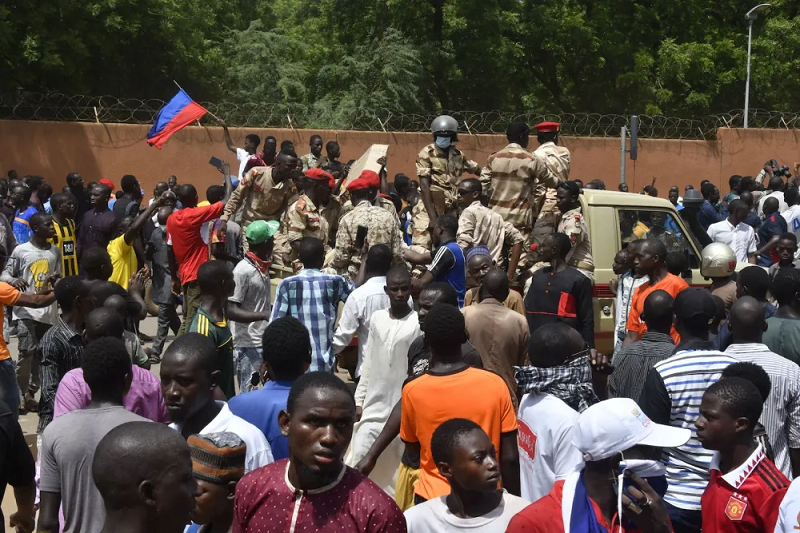
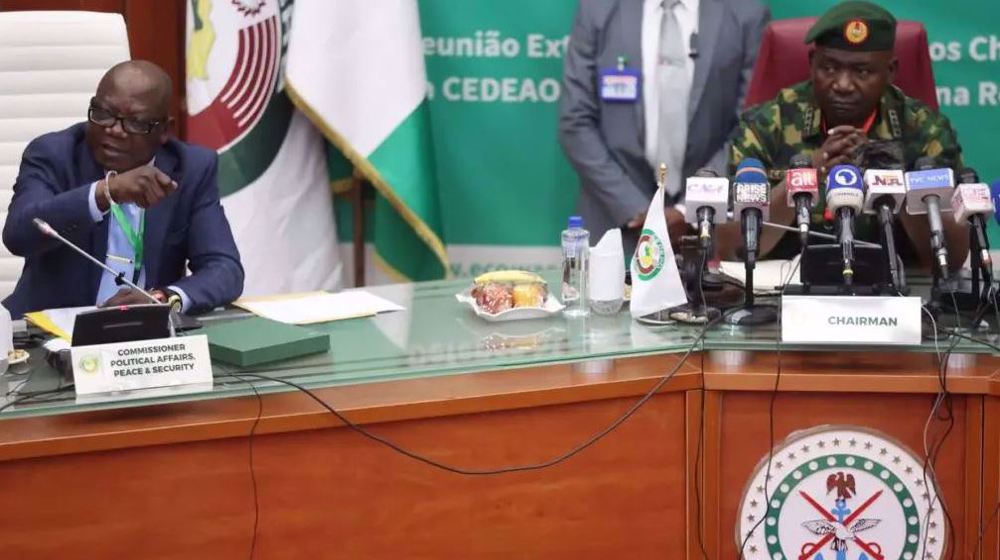
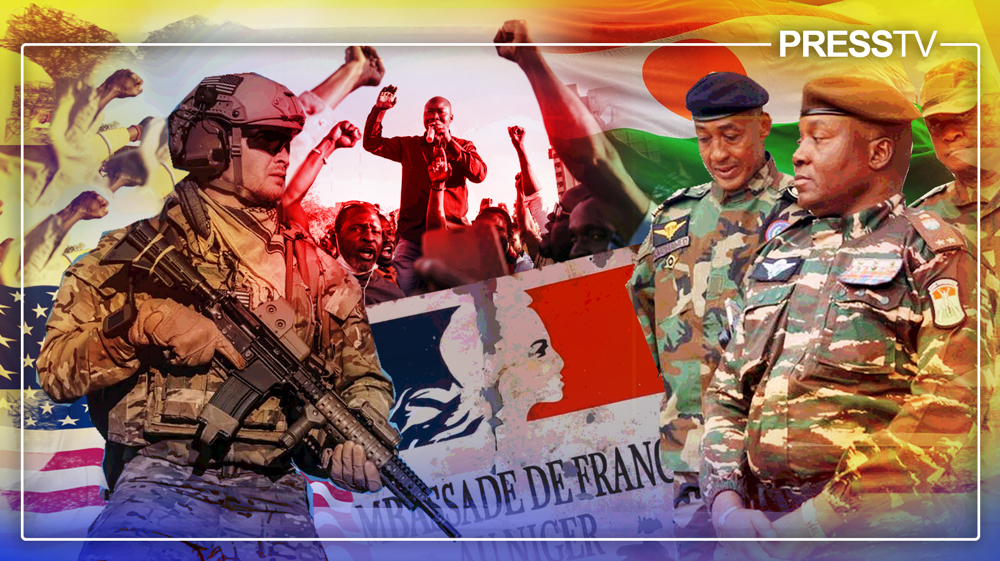
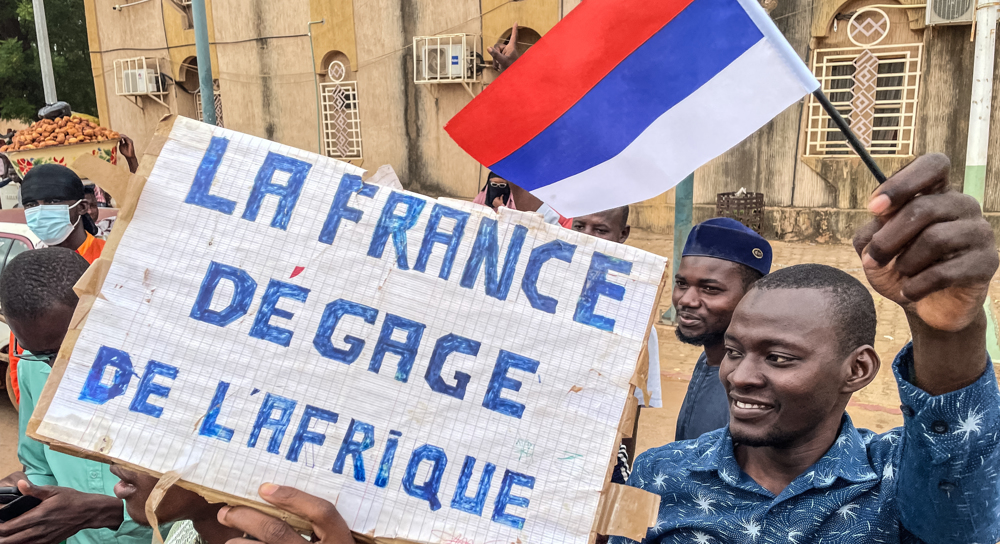
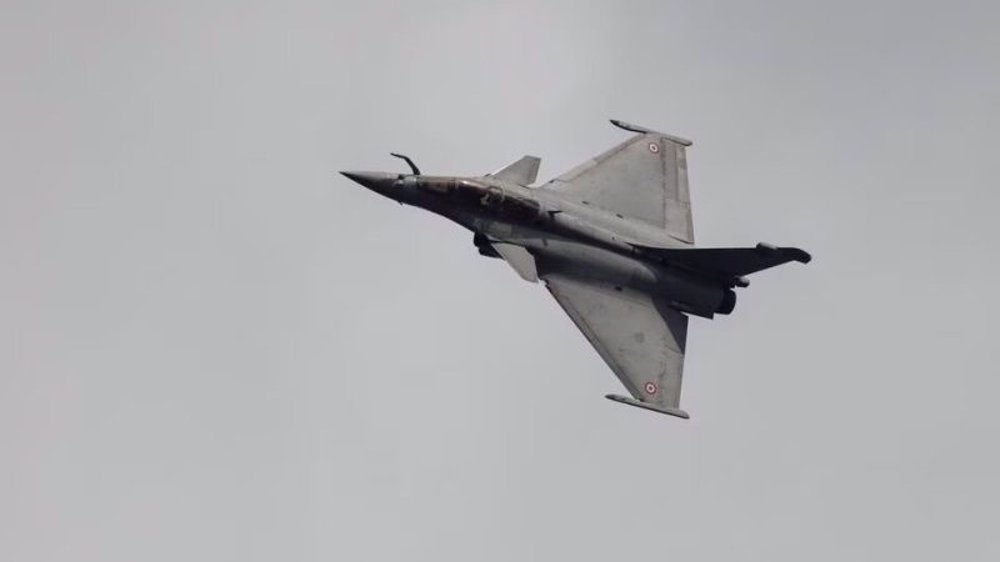
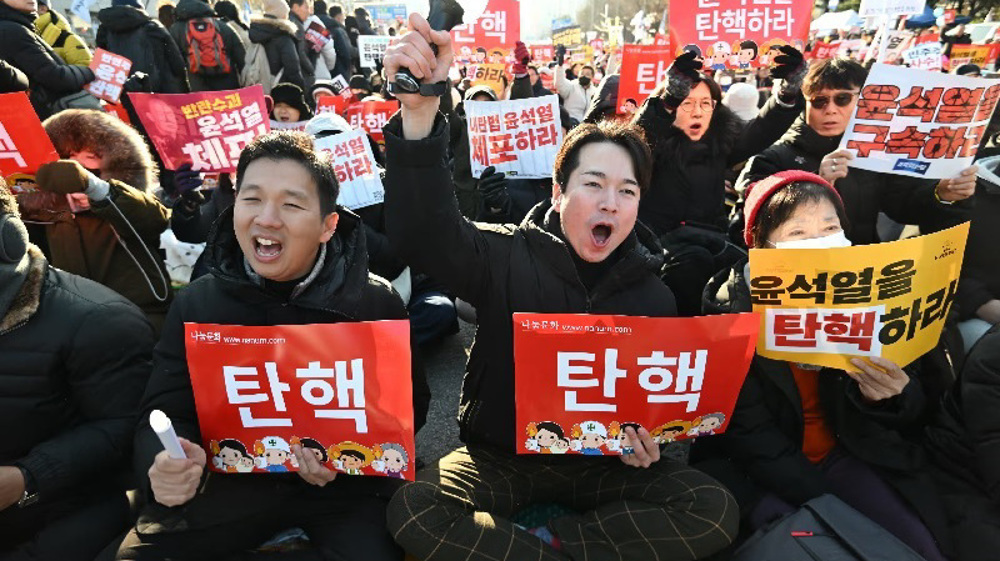

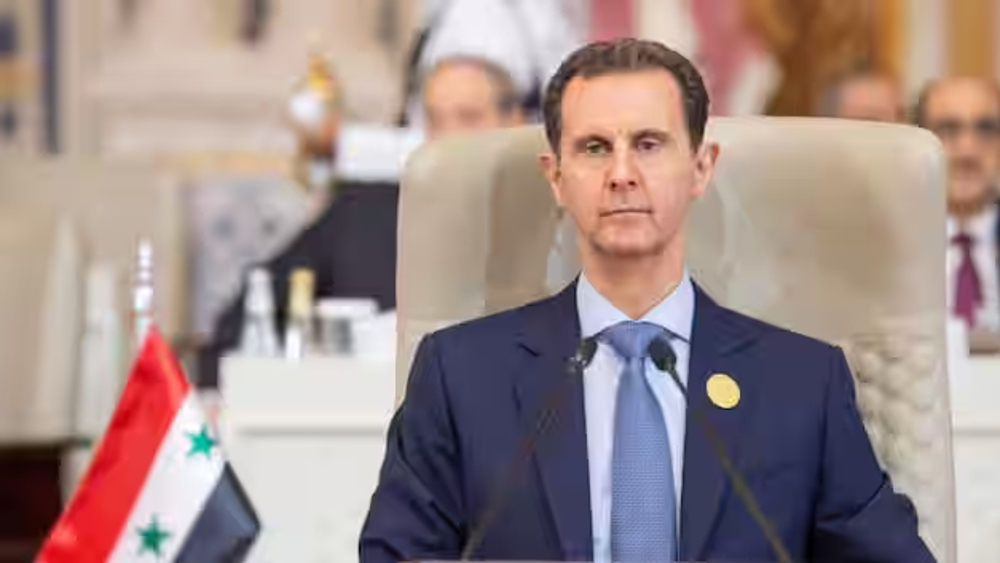



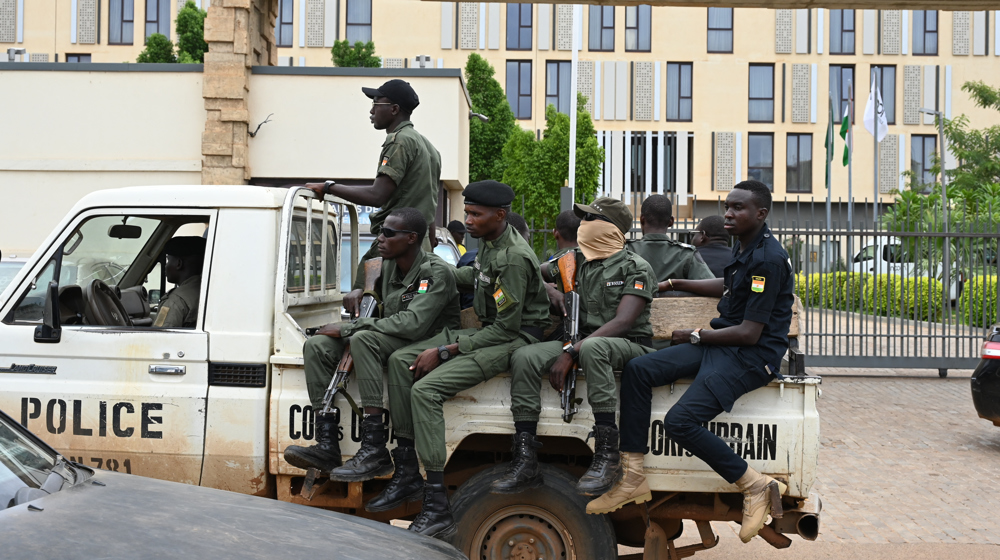
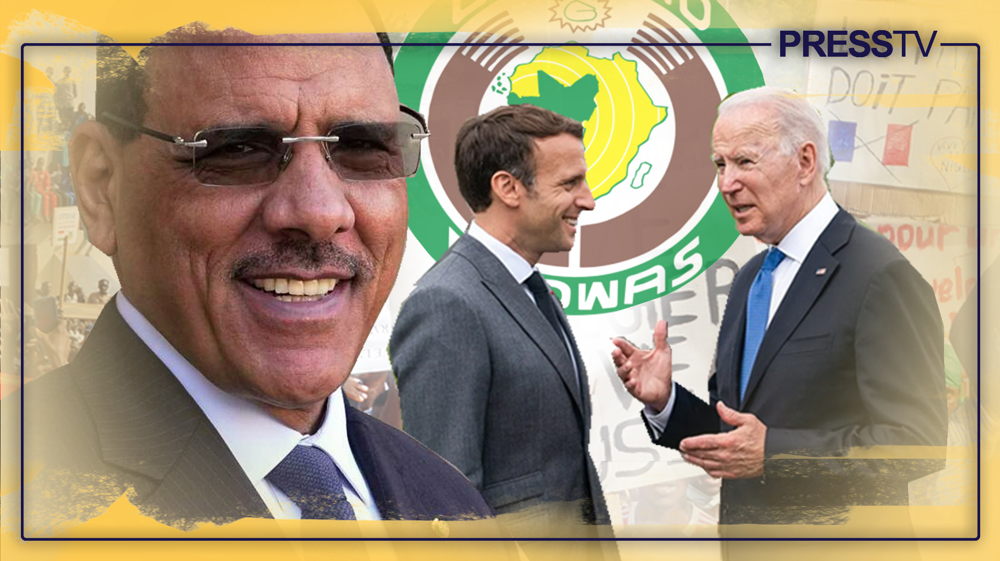
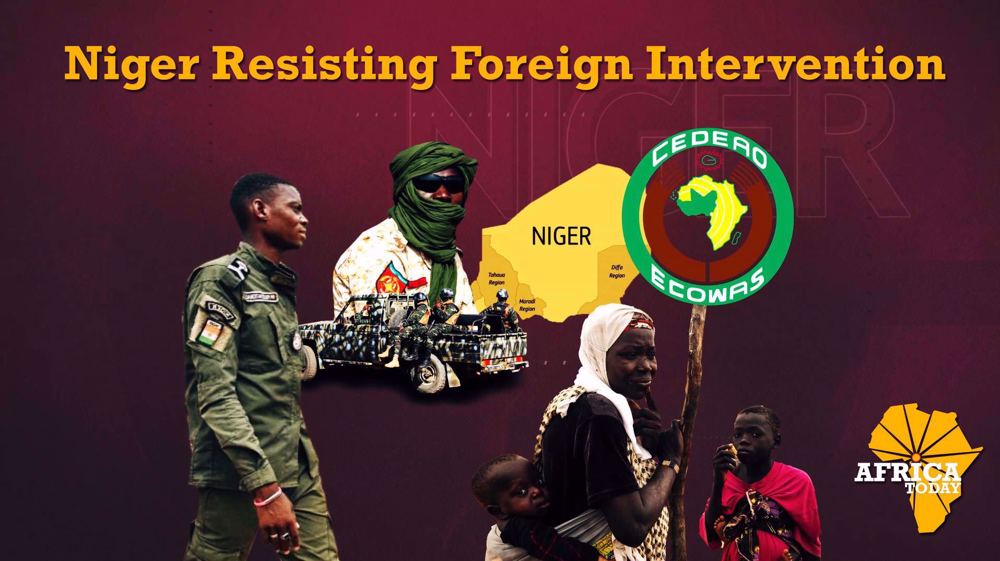
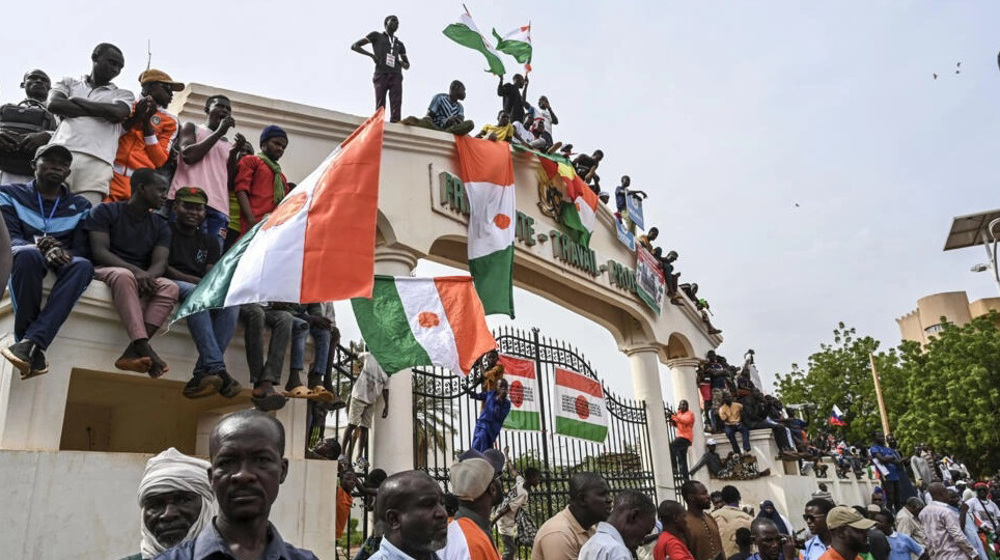
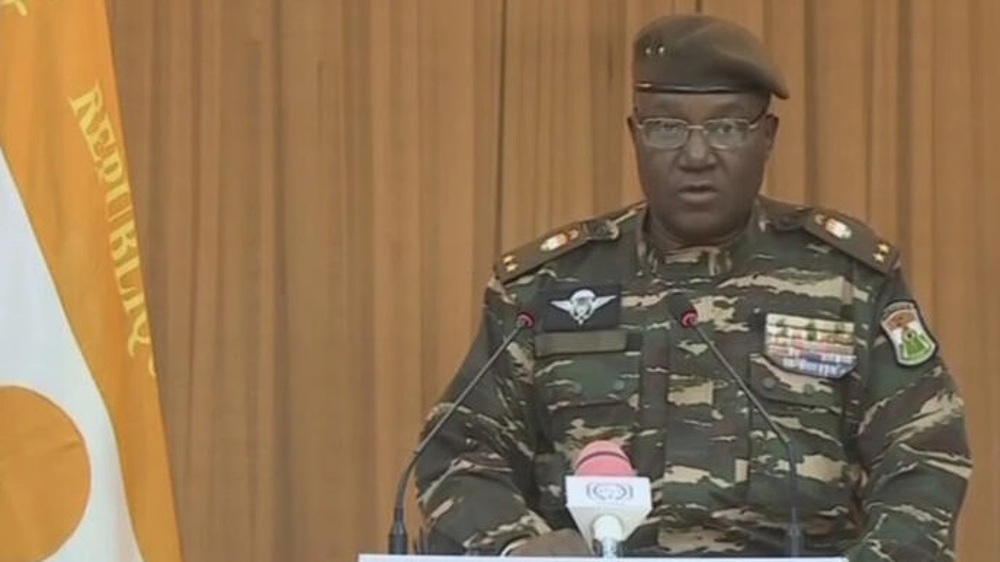
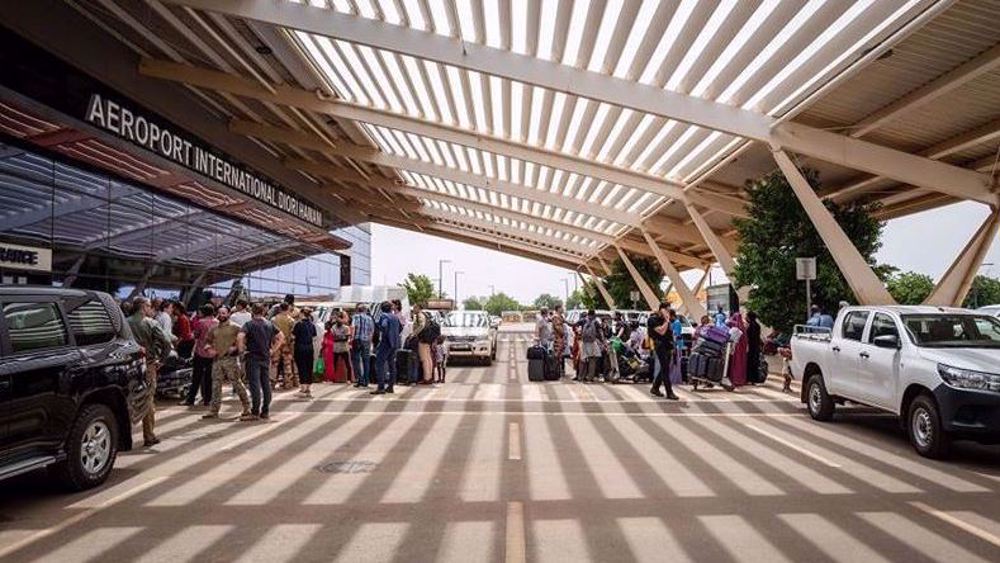
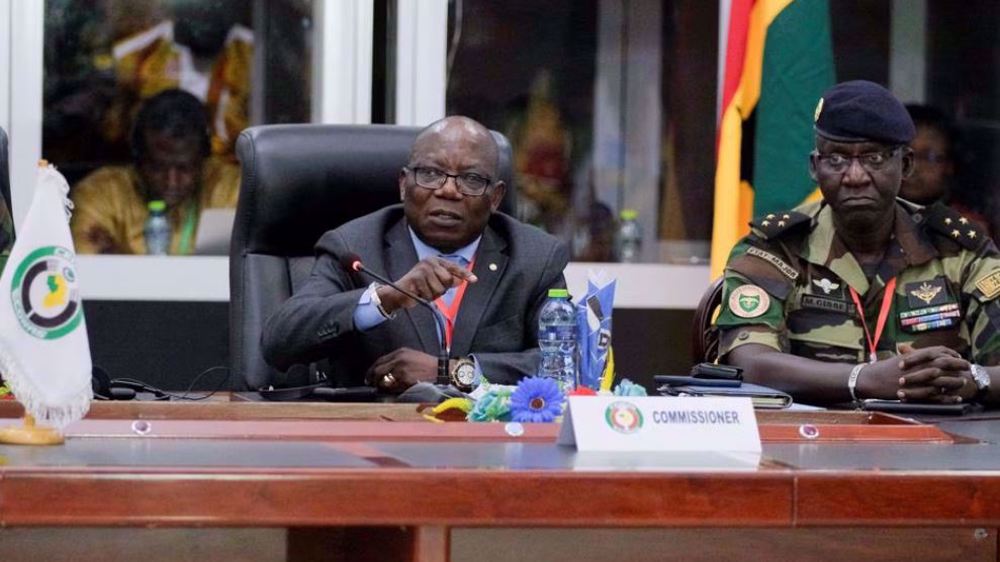
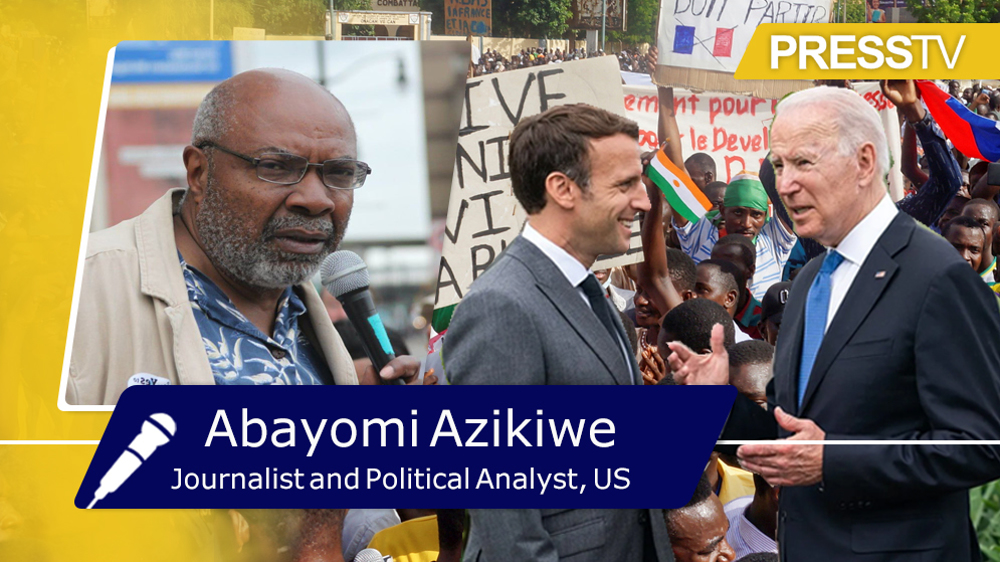

 This makes it easy to access the Press TV website
This makes it easy to access the Press TV website